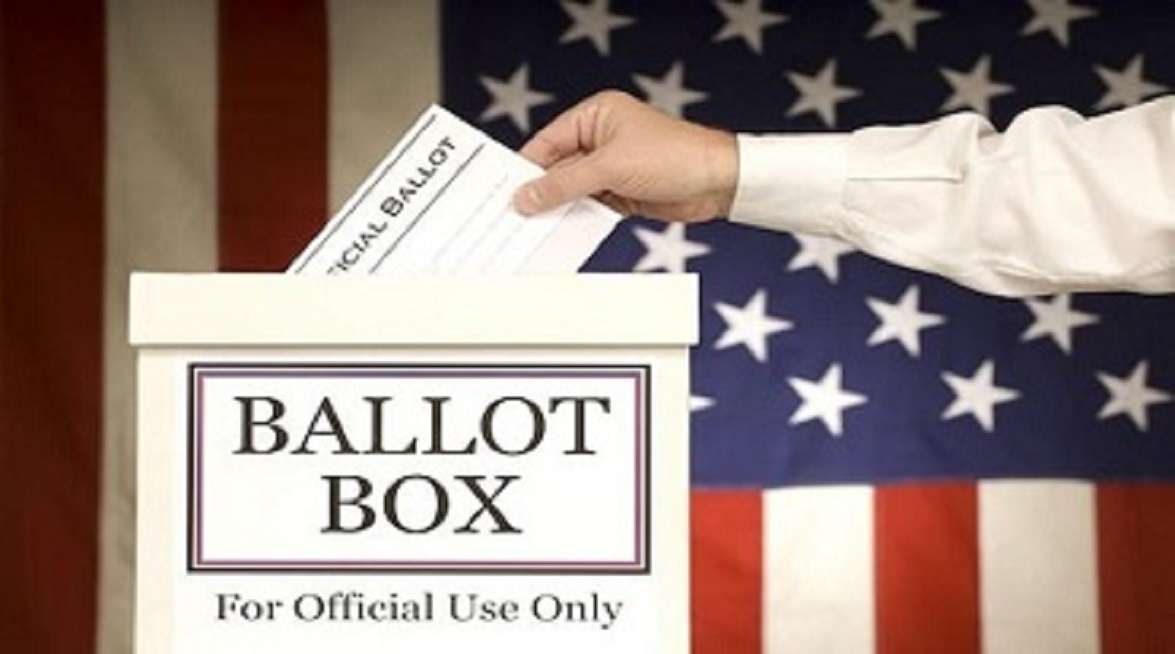Recent findings suggest that in the current political climate, Republicans may benefit from higher voter turnout. According to a New York Times/Siena study, Donald J. Trump could potentially gain an advantage over President Biden if voter turnout increased nationwide.
The study reveals that while Biden leads Trump among regular primary and midterm voters, Trump holds the edge among the broader electorate, including registered voters overall. In the 2022 midterm primary elections, Biden led Trump 49% to 44%, while in the 2022 general elections, Biden held a slight 46-45 advantage. Trump was favored by voters who participated in the 2020 election but not the midterms (44-42) and those who had never voted before (49-35).
This shift in voter preferences is attributed to the GOP’s appeal to lesser-educated voters, who are traditionally less likely to turn out. The analysis also highlights a “diploma gap” between Democratic and Republican voters, with high-turnout voters more supportive of issues like abortion rights and democracy-preservation, which benefit Biden.
However, low-frequency voters, who are more concerned with short-term economic trends, tend to favor Trump. This trend is exacerbated by voter ignorance regarding the economy and inflation, which is more prevalent among less-educated and less-engaged voters. If Republicans continue to perform well among low-propensity voters, it could prompt a reevaluation of policies aimed at increasing voter turnout, such as mandatory voting.
While Democrats have traditionally supported efforts to increase voter turnout, recent trends suggest that Republicans, especially Trump, stand to benefit from higher turnout. This reversal challenges the conventional wisdom and raises questions about the motives behind support for mandatory voting.
As an opponent of mandatory voting and a skeptic of the benefits of higher turnout, I believe that voter knowledge plays a crucial role in ensuring good policy outcomes. A more informed electorate is more likely to select quality candidates and policies, leading to better governance. While there are exceptions where voter ignorance can be beneficial, they are rare and do not outweigh the drawbacks of an uninformed electorate.
It remains to be seen whether the trend of Republicans benefiting from higher turnout will continue. If it does, it could prompt a reconsideration of traditional attitudes towards voter turnout. Partisan advantage may ultimately prevail over consistent adherence to principle, as seen throughout history.
Source link





